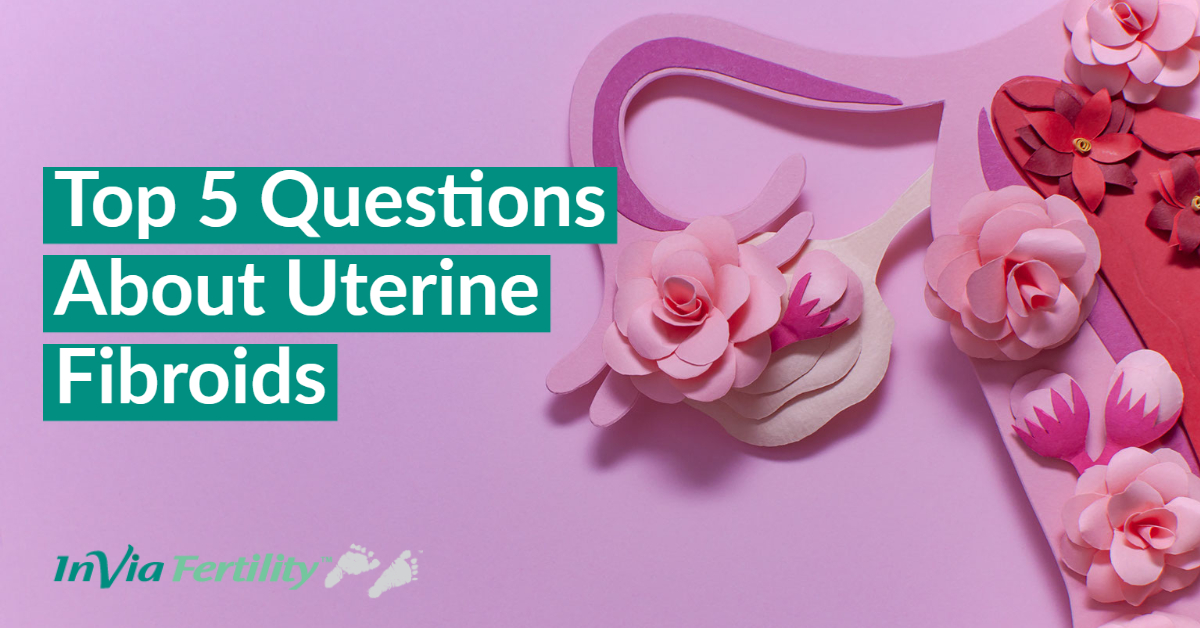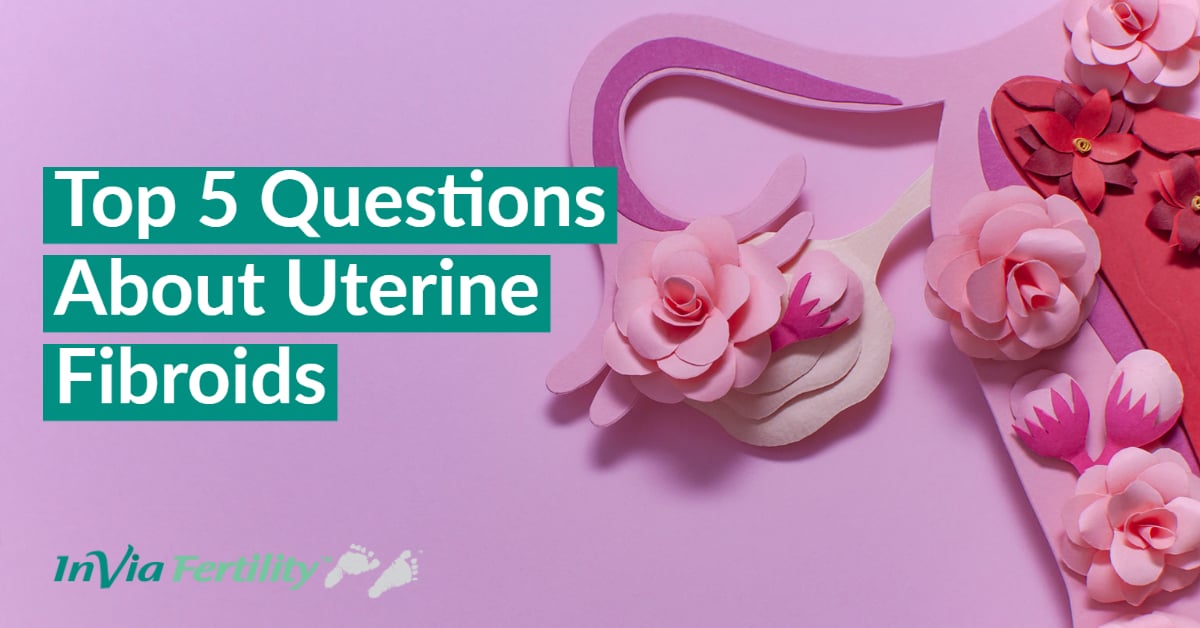
 It is very scary to be told you have fibroids in your uterus. It’s even more scary not to know what they are or how they can affect you. Fibroids are more common than you might think.
It is very scary to be told you have fibroids in your uterus. It’s even more scary not to know what they are or how they can affect you. Fibroids are more common than you might think.
Uterine fibroids (also called myomas or leiomyomas) are benign (noncancerous) tumors of muscle tissue that can change the shape or size of the uterus. They start in the smooth muscle cells inside the wall of the uterus (myometrium). Fibroids usually occur in the form of multiple tumors, although single fibroids are sometimes possible.
They are found in 5-10% of infertile women. Certain types of fibroids are known to lower your chances of getting pregnant. They include fibroids that are inside the uterine cavity and very large that are located within the wall of the uterus. Because most women with fibroids will not be infertile, A fertility specialist can help determine if fibroids might be hampering their ability to conceive.
There are several explanations for why uterine fibroids may reduce fertility.
The commonest treatment is surgical removal (myomectomy). In this procedure, only the fibroid is removed with the uterus being left intact (no hysterectomy). Myomectomy can be done via hysteroscopy, laparoscopy or with an abdominal incision (laparotomy). A hysterectomy is done only in women who have completed child bearing and do not wish to retain their uterus.
Other procedures used include radiological embolization, or freezing the fibroids. These alternative procedures are not suitable for patients who are trying to conceive.
The vast majority of fibroids do NOT need surgical removal. Only those that are distorting the cavity (submucosal -- see picture) or those that are in the uterine wall (intramural) and are larger than 5 cm in diameter need to be removed.
It is possible to temporarily postpone surgery. Medical treatment with GnRH analogues (e.g. Depo Lupron) can temporarily reduce the size of the fibroids and stop bleeding. This option is sometimes used prior to myomectomy to build up the hemoglobin level and facilitate removal of the fibroid. Medical treatment by itself is a temporary solution as the fibroid will grow back to its original size once the medications are discontinued.
Uterine fibroids are common and can affect fertility in many ways. They can affect ovulation, fertilization and implantation. Treatment options vary, but treatment will help to address the gynecologic symptoms of fibroids and improve overall fertility. The management of uterine fibroids will depend upon the severity of your symptoms and your doctor’s recommendations. To see a Chicago-area fertility specialist who specializes in treating fibroids, contact us at InVia Fertility Specialists and set up an appointment.
Infertility Infertility treatment InVia Fertility Specialists Top 5

Entire Website © 2003 - 2020
Karande and Associates d/b/a InVia
Fertility Specialists
